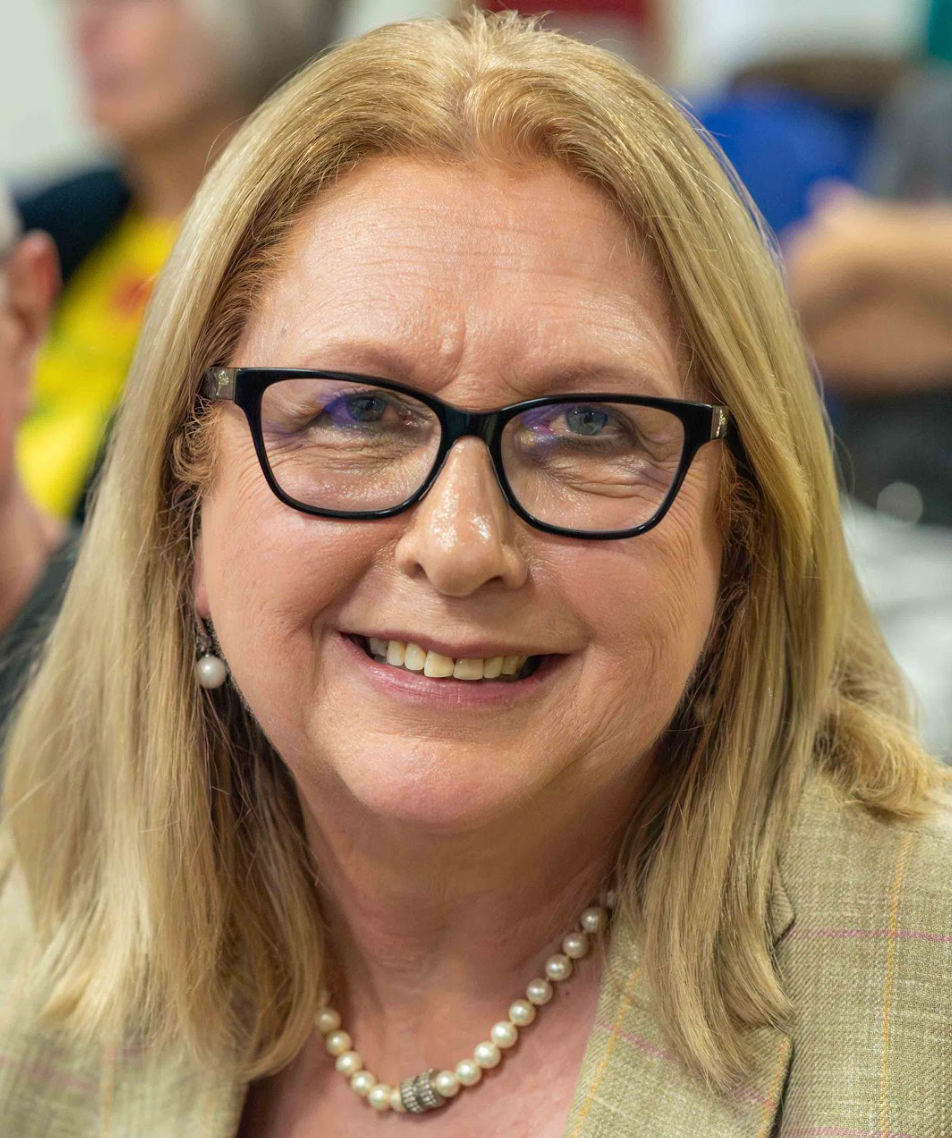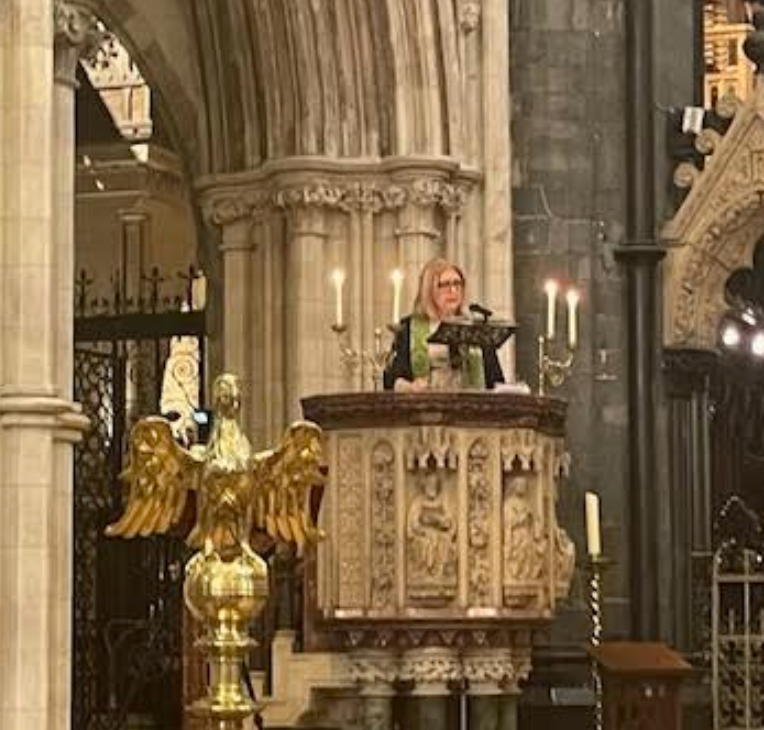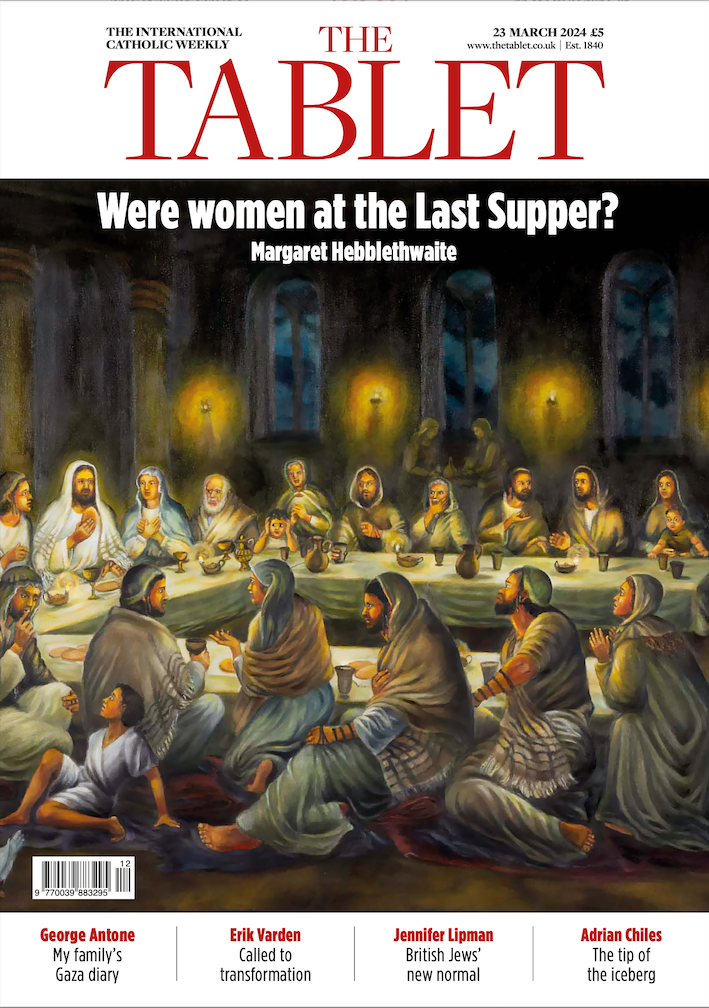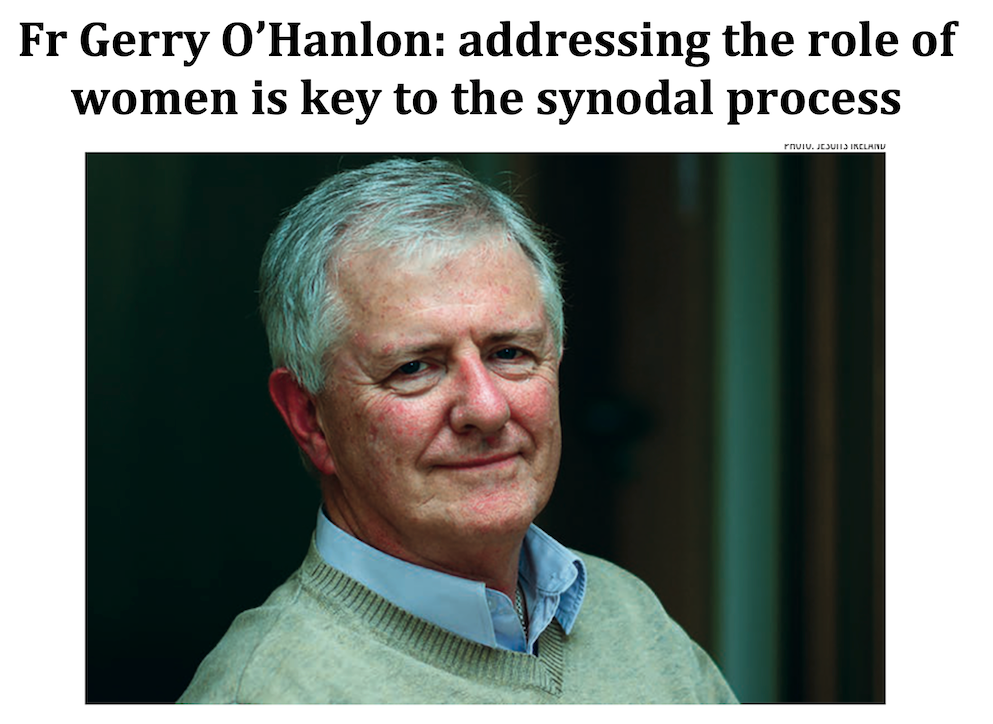WAC Ireland Submission to Synod
How can we imagine the life of the Church in Ireland where people are co-responsible for the Church’s mission in different ways?

Dear WAC Ireland Members,
Herewith please find the WAC Ireland Submission regarding the Synod which we have forwarded to the Irish Synod Office, the Irish Bishops and the Synod Office in Rome.
We completed our Submission in the template kindly provided by the Irish Synod Office.
With Easter blessings,
Colm Holmes & Ursula Halligan
Joint Coordinators
We Are Church Ireland
Submission from: We Are Church Ireland
From the document Towards October 2024 issued by the General Secretariat of the Synod:
SECTION 1
Each diocese is asked to provide a response to the following question (maximum of 4 pages): How can we imagine the life of the Church in Ireland where people are co-responsible for the Church’s mission in different ways? What ways of relating, structures, processes of discernment and decision-making with regard to mission make it possible to recognise, shape, and promote co-responsibility? What ministries and participatory bodies can be renewed or introduced to better express this co-responsibility? Within the Synthesis Report, reference can be made more specifically to Chapters 8-12, 16 and 18.
SECTION 2
Each diocese is also asked to provide a brief testimony (maximum of 2 pages) of the work carried out and the experiences lived, sharing any good practice that it considers significant for the growth of a missionary synodal dynamism.
GUIDELINES FOR STYLE AND PRESENTATION
· TITLE: Please insert the name of your Diocese/Group in the title above.
· FOOTER: Please also insert the name of your Diocese/Group in the “footer” below (double click to insert)
· FONT: Times New Roman, font size 12.
· LINE SPACING: 1.5
· SAVE : Please save the document in Word format
SECTION 1
How can we imagine the life of the Church in Ireland where people are co-responsible for the Church’s mission in different ways? (maximum of 4 pages)
We welcome and embrace ‘Synodality’ as a way of ‘being Church’ that is at once both ancient and new in our tradition. We support the three key themes of the Synodal Process: Communion, Participation and Mission.
We understand that it is “how” we relate to one another in the Church, our capacity to ‘be together’ in harmony and unity (i.e. Communion), that will help us fulfil our various responsibilities and roles (i.e. Participation) and by doing so empower us as “Church” to bear witness to the love of God in the world and to the unity of all humankind in God (i.e Mission).
We are a group of Catholics who treasure our faith tradition and love the Church because, as our name states; we are all the Church. We wish to contribute constructively to its renewal and reform and have good relations with all. It is because we care so deeply about the Church and its mission that we have felt compelled over the years to speak up and question the injustice of structures, practices and teachings that have blocked, rather than channelled, God’s grace in the world. Combined with a lack of accountability and a culture of secrecy, these unjust structures, practices and teachings have contributed (among other egregious wrongs) to the clerical abuse of children and the institutionalised discrimination of half the world’s population, women.
Since the Second Vatican Council, it is understood that all the baptised regardless of the different ministries and responsibilities they hold, share a foundational equality by virtue of their common baptism.
Contrary to popular perception, the Church (in theory at least) is neither a democracy nor a dictatorship but an ordered community where power and authority are exercised as Christian service and not power over anyone, in accord with the Gospel message.
Vatican II has been crucial in reshaping our understanding of “Church” and highlighting the co-responsibility of the laity, along with the hierarchy, in working for its renewal and reform. By highlighting the baptismal dignity and equality of every baptised person, the Council has helped us to more fully appreciate that the Holy Spirit works and speaks through each lay woman and man in the Church, as much as it does through each member of the male hierarchy.
The significance of this insight is that the sensus fidelium (i.e the sense of faith in all the faithful) is now regarded to be as vital a part of the teaching authority of the church (i.e the magisterium) as that of the hierarchy. Pope Francis is the first Pope to promote the sensus fidelium in the Church and his global Synodal Process explicitly gives expression to it.
It is regrettable however that this shift in the internal dynamics of the Church’s magisterium has not been communicated better or explained clearly to the majority of Catholics. Many remain unaware that the teaching authority of the Church is no longer the exclusive preserve of the hierarchy. They do not know that the bishops and the Pope are obliged to engage in meaningful consultation with all the People of God before making key decisions.
Significantly, the change does not diminish the role of discernment assigned to the bishops by the Council, but it does oblige them to anchor their discernment in an authentic and faithful listening to the People of God.
And this is where we have a problem.
It is one thing to be told “We are all the Church together” and another to experience the reality of such declarations. While we acknowledge the hard work done by the National Synodal Pathway team, particularly their setting up of a leadership training programme (of which five of our members have signed up to attend), we must also express deep disappointment and concern.
After three years of (We Are Church) fully participating in the synodal process, it has become clear to us that the Irish hierarchy is not authentically listening to the concerns of the lay men and women who took part in the process.
The indifference of the bishops is most glaringly evident on the issue of women, despite the National Synthesis stating that:
Many women remarked that they are not prepared to be considered second class citizens anymore and many are leaving the Church. They feel that even though their contribution over the years has been invaluable, it has been taken for granted. Several of the submissions called for the ordination of women to the permanent diaconate and the priesthood. Their exclusion from the diaconate is regarded as particularly hurtful. Some women felt that yet another layer was added to exclude them. Many young people cannot understand the Church’s position on women. Because of the disconnect between the Church’s view of women and the role of women in wider society today, the Church is perceived as patriarchal and by some, as misogynistic.
Since its publication in 2022, the response of the Irish bishops to that statement on women in the national synthesis has been one of stunning indifference and business as usual. No attempt, either by gesture or invitation, has been made to pursue further the concerns expressed by Catholic women or to reach out to those who have vocations to ordained ministry.
Instead, the bishops have continued to call for vocations to the exclusive male priesthood and in 2023, even announced a special Year of Vocations to the Diocesan Priesthood.
The issue of the ordination of women priests was also not included on the agenda for the Global Synod in Rome and the reports on the female diaconate have never been published.
This is simply not good enough. It is not in the spirit of synodality to ignore the concerns of women who make up half of the world’s population. We call on the Irish bishops to renew their commitment to the Synodal Process; to authentically listen (i.e. listen from the heart) to their sisters in the Church, to relinquish all attachments to power and privilege and to stop clinging to an out-dated model of church.
The Church can not be a credible or effective sign of God’s love and justice in the world as long as its own structures and processes lack transparency and discriminate against half the membership of the baptised faithful (i.e. women, half the population of the world).
Instead of criticising society to change and act differently, it is time for the Church (i.e the whole church, the ordained and the laity) to become the change it proclaims about God’s peace and justice in the world and to lead by example in the way it organises itself at every level.
We Are Church Ireland suggests that the following practices represent concrete signs of synodality and should be introduced to the Irish Church as soon as possible.
1. Lay women and men to preach the homily at Mass.
2. Lay-led Eucharists to support local communities
3. Replace the dominance of male language and imagery in worship and prayer, (especially where both God and humankind are represented as male) with more inclusive language and imagery.
4. Install more women into the formal ministries of lectors and acolytes.
5. Pay Parish Pastoral workers
6. Establish Parish Pastoral Councils in every parish with the authority to make decisions within a clear framework that is subject to ongoing review.
7. Establish Diocesan Pastoral Councils in every Diocese with the authority to make decisions within a clear framework that is subject to ongoing review.
8. Set up a committee of lay and clerics to oversee the appointment of Irish bishops.
9. Embrace a Church Constitution setting out the rights and responsibilities of all the people of God. WICR have prepared a good draft: https://www.wijngaardsinstitute.com/wp-content/uploads/2022/10/wicr__background_and_sources_of_proposed_constitution__2022.pdf
10. Abolish all honorific titles in the hierarchical Church.
SECTION 2
Please provide a brief testimony of the work carried out and the experiences lived during the synodal process so far, sharing any good practice. (maximum of 2 pages)
We used the methodology of “Conversation in the Spirit” in a ZOOM meeting (22 February 2024) with 29 of our members. We used 6 Break-out rooms to address the question: What are your hopes for the Synod in October 2024?
There were 4 Rounds:
Round 1: Brief Introductions (1 min each)
Round 2: YOUR hopes for the Synod in October (4 min each) + 1 min Silence
Round 3: What struck YOU most in Round 2 and
what moved you during the time of silence? (2 min each) + 1 min Silence
Round 4: What are the 3 or 4 common themes from
what you have heard you can all agree on?
There may be some discussion (3 min each)
The main themes from the 6 break-out rooms were:
Main Themes:
a) Equality for women – including ordination
b) Optional celibacy and reintroducing worker priests
c) Embrace unity in diversity and in subsidiarity
d) Elections of bishops and shared decision making and taking
We have registered 5 of our Members to attend the Synod Leadership Training Programme.
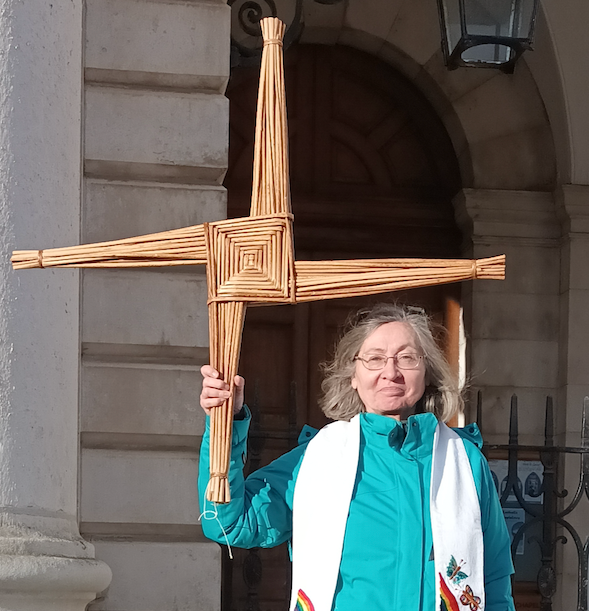

Women are a problem for the Catholic Church, an institution with ingrained misogyny - Soline Humbert
About us
We are working to develop inclusive communities based on our 6 Aims, while being open to engage with all sections of the church about our lives in the church today.
Contact Info








